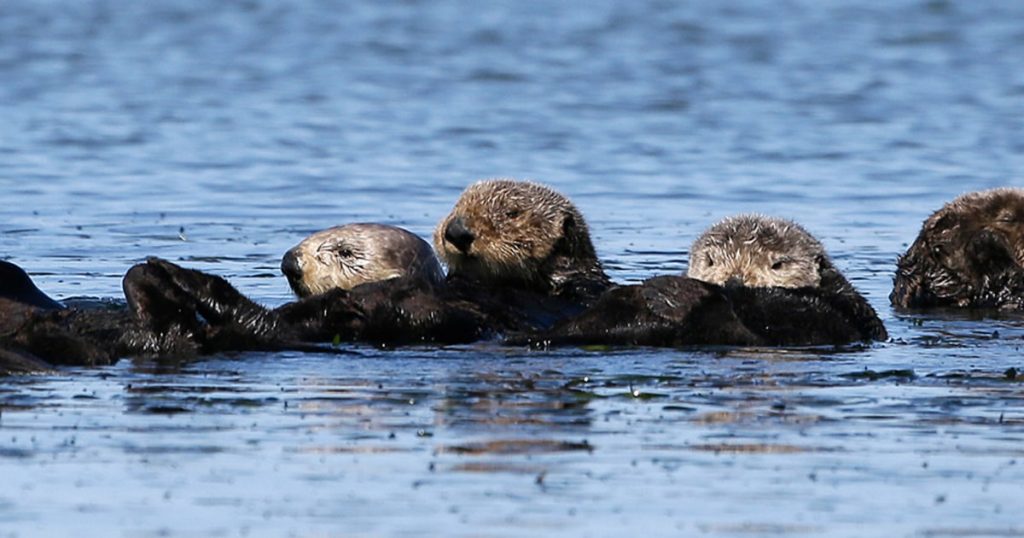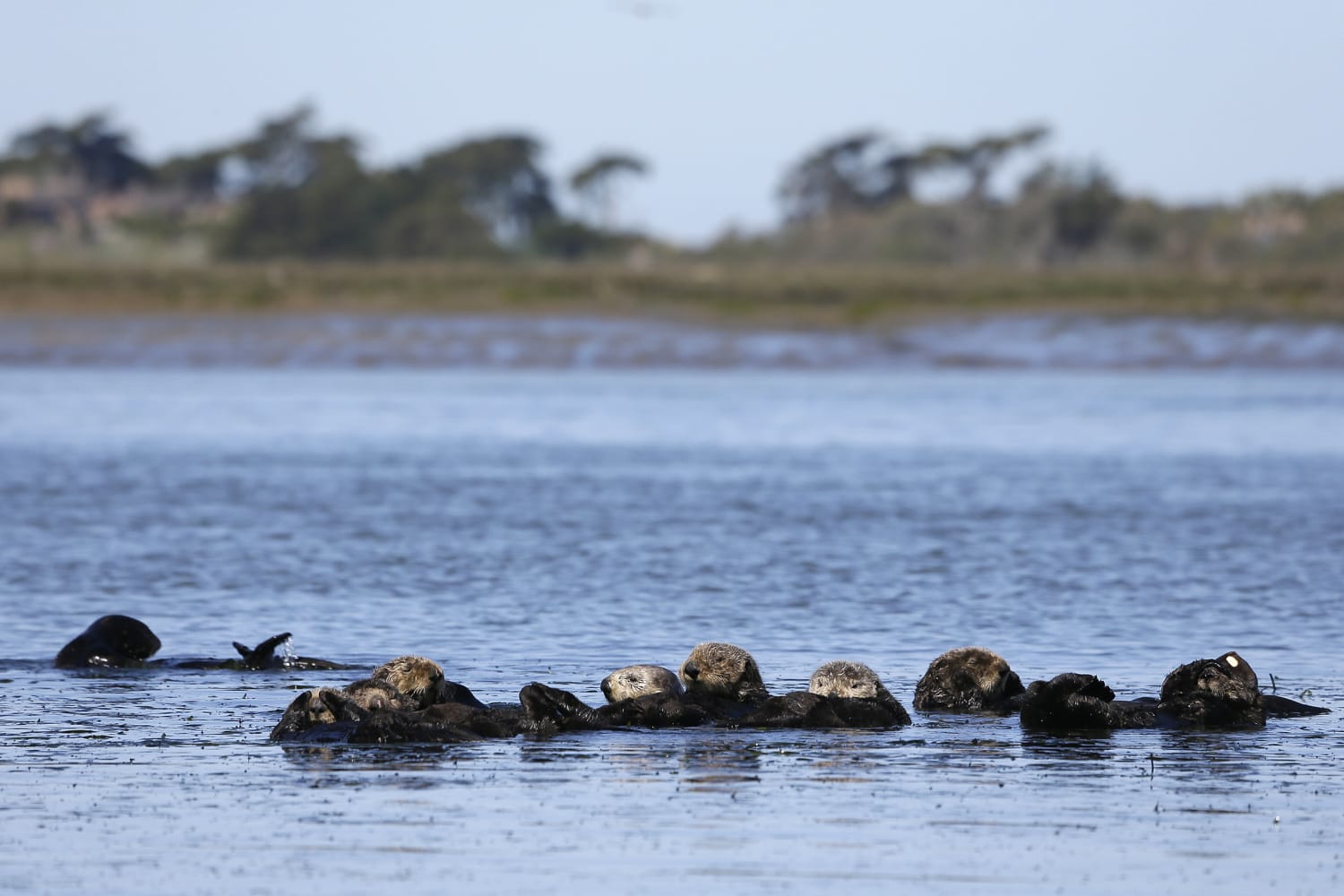

A rare and unusually powerful strain of a parasite commonly found in cat feces killed four otters on the California coast, a finding researchers described Wednesday as unprecedented and potentially dangerous to humans and other animals.
Karen Shapiro, an associate professor of pathology, microbiology and immunology at the University of California, Davis, described the preliminary findings in a news release as a “complete surprise” and said the rare strain of the parasite, known as Toxoplasma gondii, has never before been seen in sea otters or any other aquatic mammal or bird.
Shapiro and three co-authors from the university and the California Department of Fish and Wildlife published their research Wednesday in the journal Frontiers in Marine Science.
Melissa Miller-Henson of the Fish and Wildlife Department said in the release that she has studied the toxoplasmosis in sea otters for 25 years and has never seen such severe lesions or high numbers of parasites.
“We are reporting our preliminary findings to alert others about this concerning condition,” she said. “Since Toxoplasma can infect any warm-blooded animal, it could also potentially cause disease in animals and humans that share the same environment or food resources, including mussels, clams, oysters, and crabs that are consumed raw or undercooked.”
Most cases of toxoplasmosis in healthy humans go undetected, although it can cause severe illness for people with compromised immune systems, as well as miscarriages and other health issues for women who contract the parasite shortly before or during pregnancy, according to the Centers for Disease Control and Prevention.
It isn’t clear how the rare strain of toxoplasma may affect people, according to the release.
The four southern sea otters studied by the researchers were found from February 2020 to March 2022 in San Luis Obispo and Santa Cruz counties, according to the study. The researchers suggest that the animals may have contracted the parasites from rainwater runoff.
The type of toxoplasma found in their bodies, known as COUG, was first discovered in Canadian mountain lions in 1995. It isn’t clear how the parasite got to California, but the release describes it as a recent arrival.

 Latest Breaking News Online News Portal
Latest Breaking News Online News Portal




